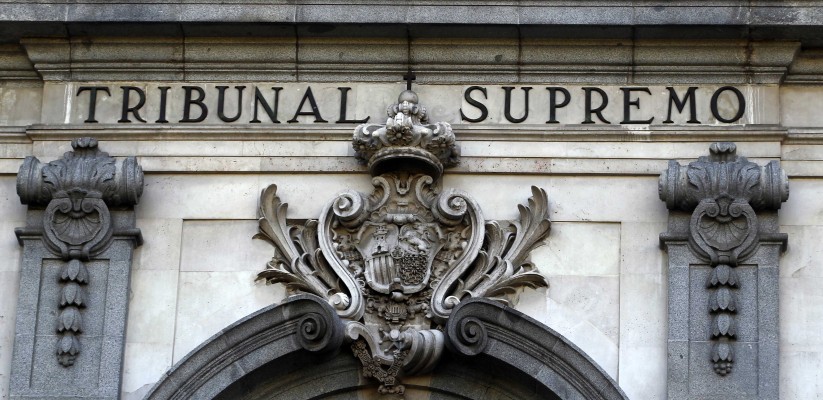THE SUPREME COURT COMMENTS FOR THE FIRST TIME ON THE PENAL LIABILITY OF LEGAL PERSONS
An important decision of the Plenum of the Supreme Court confirms the condemnation of three firms by the District Court for a delict against the public health system, in practice drug dealing, by fixing for the first time the necessary requirements to appreciate the penal liability of judicious persons by interpretation of article 31 bis and setting an important standard in this matter.
In accordance with the established by the decision of the Supreme Court (Judgement N. 154/2016 from February 29th, 2016) at first has to be examined, if the natural person, responsible for the penal activity is integral part of the legal person.
At second has to be recorded that the mentioned judicious person did not fulfil her obligation to fix appropriate measures of supervision and control, which prescribes our Penal Code, in the way that it is necessary to analyse “if the delict the natural person committed in the bosom of the judicious person has been possible or simplified because of a lack of respect towards the law, as source of inspiration of the practice of its organisational structure”.
It has to be accentuated that this decision of the Plenum distinguishes between societies with real activity and societies, whose activity is only apparent and which were established only in order to commit penal actions. These latter, according to the opinion of the Tribunal have to be excluded from the application of article 31 bis.
Nevertheless it is a controversial verdict, which has been decided by the vote of only seven of the 15 judges of the Plenum, which in accordance with the decision defers a lot from the incorporated dictate, on one hand confirming, that “a so volatile element, like to accredit that a delict has been simplified by lacking respect in face of the law, does not fulfil the principle of certainty”, which stipulates, that in the elements of a crime, where the law adjudicates a penal responsibility, have to be specified in the law as exact as possible.
On the other hand the judges have bowdlerised with their personal vote that the verdict in case of judicious persons changes the rules of evidence generally used for the evaluation of exonerating circumstances, because they indicate, that the accusations have to accredit the fact, that there did not exist efficient tools to prevent the delict. As these judges point out, “it is not correct to constitute a privileged model of exception for judicious persons regarding the matter of evidence”, but that the judicious person has to prove the existence of these tools.
To respect this doctrine fixing a reversal of the burden of proof in this matter implicates innumerable dangers, because it could cause an emptying of the penal responsibility of judicious persons and even their exemption of punishment.
Volver









